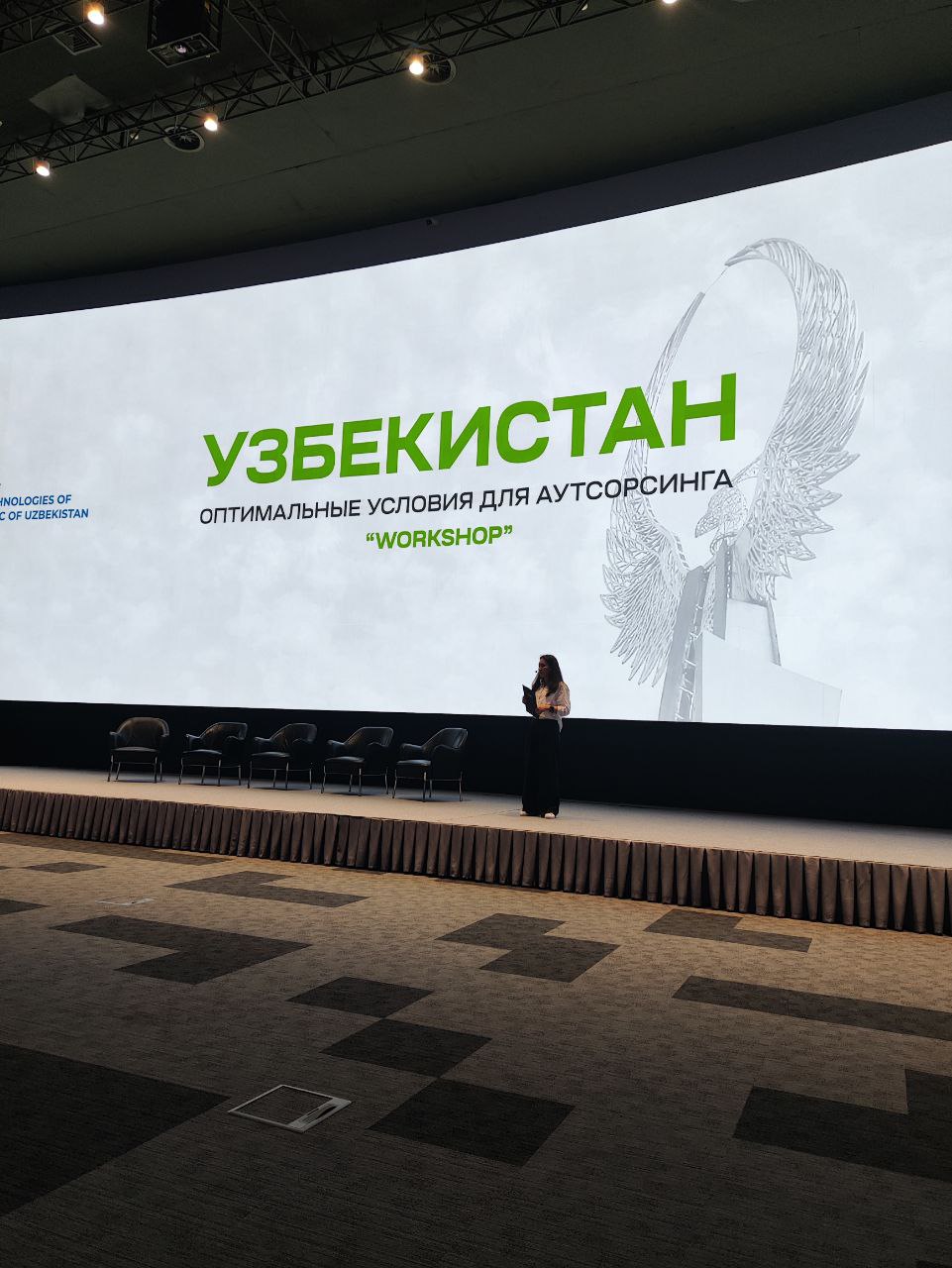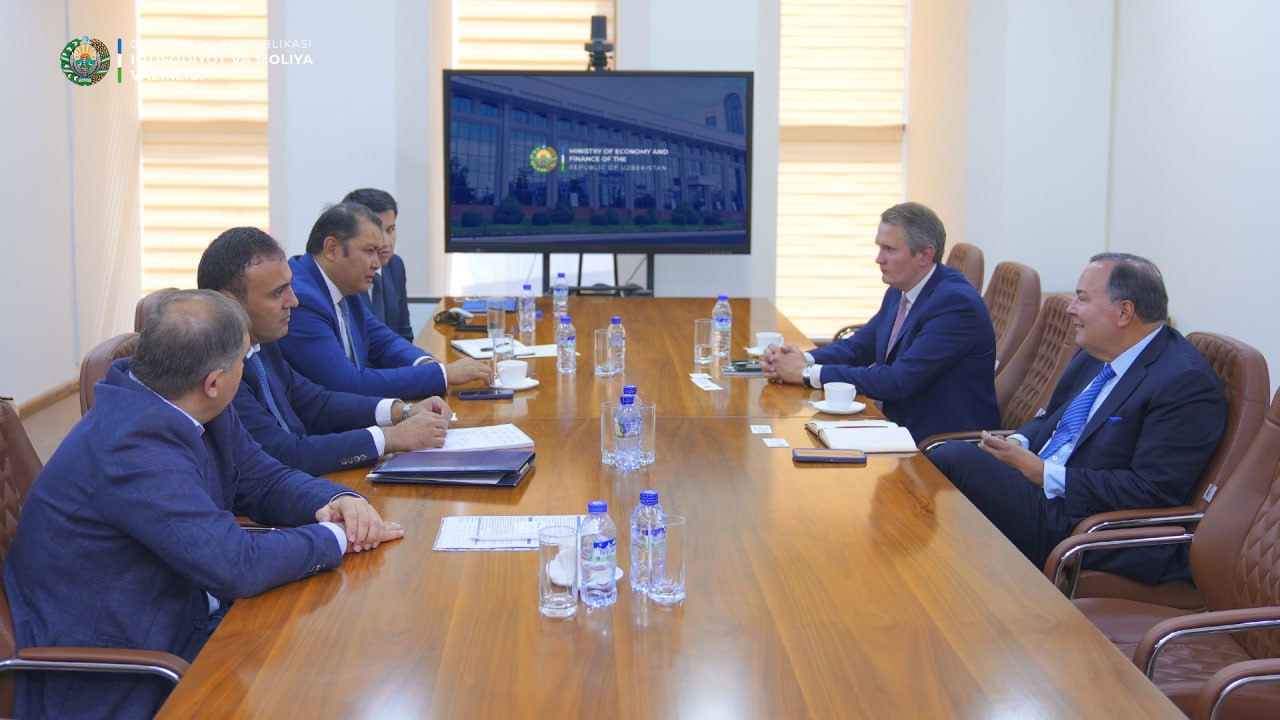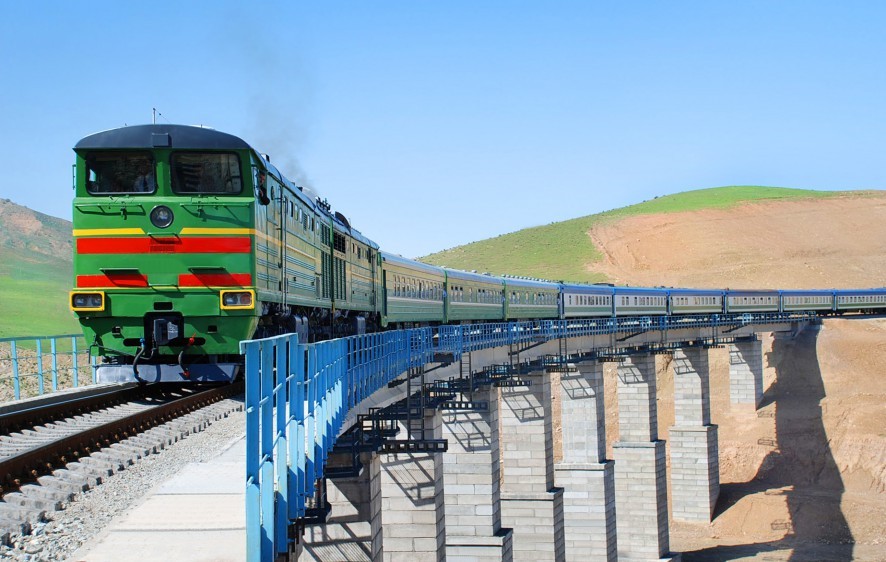Until the end of 2025, Uzbekistan, Belarus and China can become participants in the international consortium for the operation of a multi-purpose fast neutron research reactor (MBIR), which is being built in the city of Dimitrovgrad, Ulyanovsk region. This was stated by Vasily Konstantinov, General Director of the project coordinator company, on the sidelines of the 2025 Eurasian Economic Forum.
According to him, the reactor is still under construction, but an international scientific platform is already being created, and more than 20 foreign states and organizations have confirmed their participation in it. The active phase of negotiations with China, Uzbekistan and Belarus continues. All three countries can potentially sign agreements on joining the consortium before the end of this year.
MBIR is a fourth-generation fast-neutron reactor with a thermal capacity of 150 MW. It will be the most powerful research reactor in the world after commissioning. The project is implemented on the basis of the State Scientific Center of the Research Institute of Nuclear Reactors and is focused on fundamental and applied research in the field of nuclear physics, new materials and nuclear medicine.
The unique feature of MBIR is its ability to test new-generation fuel and materials for advanced power plants in an accelerated format, which makes it a key element of the global nuclear research infrastructure.
At the stage of reactor construction, the International Research Center (ICI MBIR) has already started functioning, coordinating scientific activities and interaction with international partners. The ICI MBIR Consortium is a legal mechanism for including participating countries in the program and allocating access to the reactor's research facilities.
Uzbekistan's accession to the consortium opens up broad horizons for the national scientific school in the field of nuclear technology and materials science. Participation in the platform will allow Uzbek specialists to conduct world-class research, as well as integrate domestic scientific developments into international cooperation projects. It will also facilitate the transfer of advanced competencies and the formation of a new generation of specialists in the field of high technologies.











